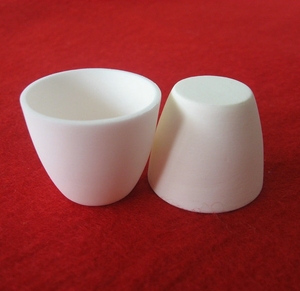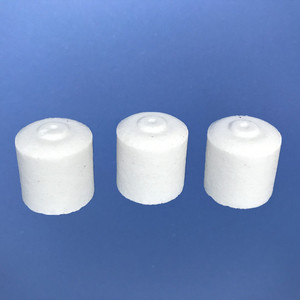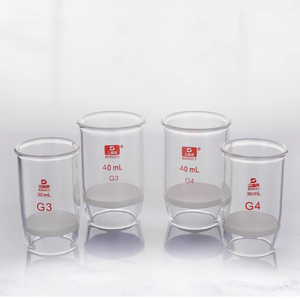Introduction to Lab Crucibles
A lab crucible is an essential piece of equipment used in various scientific and industrial applications for heating substances to high temperatures. These small containers are typically made from materials that can withstand extreme temperatures and chemical reactions. Lab crucibles are vital in laboratories for analytical work, metal casting, and can even be found in educational settings to teach students about material properties and chemical reactions.
Types of Lab Crucibles
Lab crucibles come in various types, each designed for specific applications and materials. Some of the most common types include:
- Porcelain Crucibles: Known for their thermal stability and resistance to thermal shock, porcelain crucibles are ideal for general laboratory work.
- Graphite Crucibles: Perfect for high-temperature applications such as metal melting, graphite crucibles have excellent thermal conductivity and can withstand extreme temperatures.
- Alumina Crucibles: Made from aluminum oxide, alumina crucibles are highly resistant to chemical corrosion and are commonly used in experiments involving reactive substances.
- Nickel Crucibles: These are utilized in applications requiring high-temperature exposure without the risk of contamination, particularly in chemical analysis.
Applications of Lab Crucibles
Lab crucibles are versatile and find applications across various fields:
- Chemical Analysis: Used for conducting reactions, calcining samples, and analyzing chemical compositions.
- Material Testing: Crucibles are essential in testing the melting points and thermal stability of different materials.
- Metal Casting: Crucibles enable the melting and pouring of metals, making them indispensable in foundries.
- Educational Purposes: In academic settings, lab crucibles are utilized in physics and chemistry classes to teach students about substance behavior under heat.
Advantages of Using Lab Crucibles
The advantages of using a lab crucible are extensive, making them an essential tool for many applications:
- High-Temperature Resistance: Designed to withstand extreme temperatures without degrading or altering the material inside.
- Chemical Stability: Many crucibles are made from materials that resist chemical reactions, ensuring accurate test results and preventing contamination.
- Variety of Materials: The diverse range of crucibles available allows for specific applications, providing flexibility in research and development processes.
- Durability: Quality lab crucibles can be reused multiple times, making them a cost-effective choice for laboratories.



























































































































































